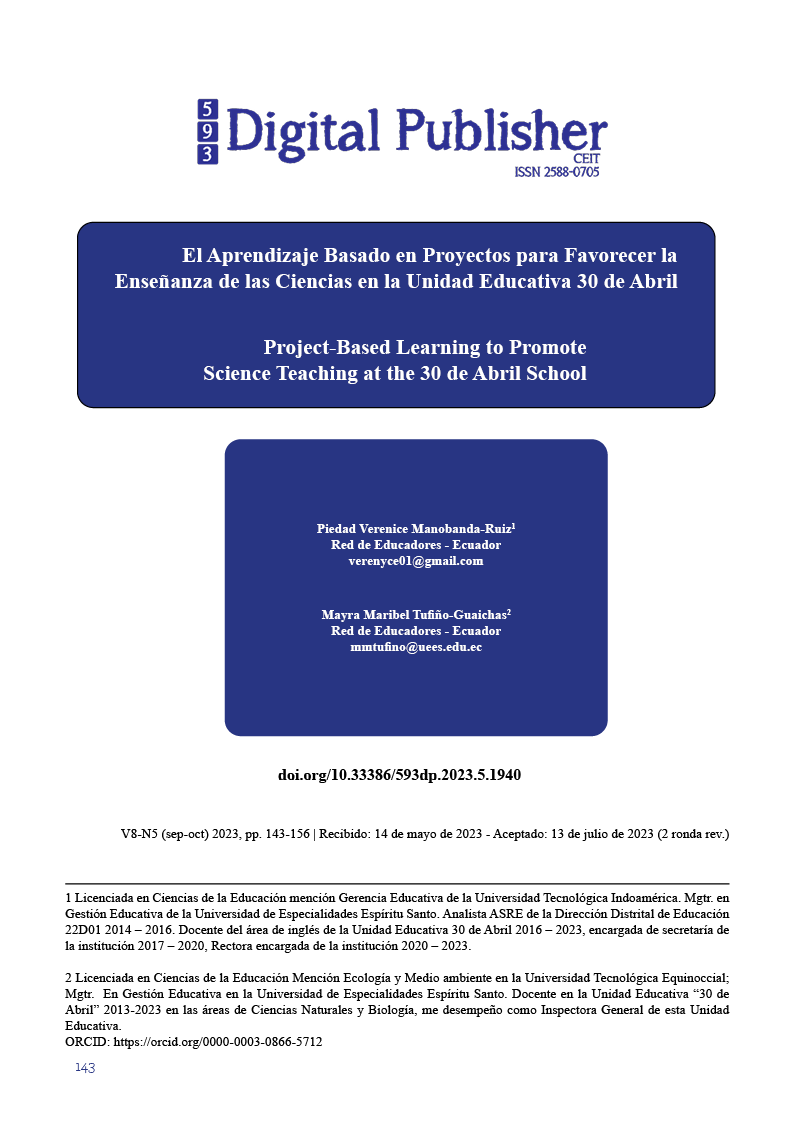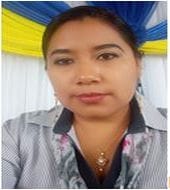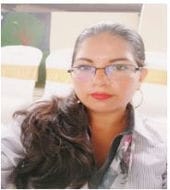Project-Based Learning to Promote Science Teaching at the 30 de Abril School
Main Article Content
Abstract
Project-based Learning (PBL) as a pedagogical tool delimitates the scope of the teaching process in students and how they react to new strategies to generate greater interest in the various subjects taught in educational institutions. The 30 de Abril School teachers took a survey to detect their knowledge level related to this methodology and how much it is applied in the teaching-learning process. Moderate levels of knowledge and a slight interest in replicating the PBL were found.
Downloads
Article Details

This work is licensed under a Creative Commons Attribution-NonCommercial-ShareAlike 4.0 International License.
1. Derechos de autor
Las obras que se publican en 593 Digital Publisher CEIT están sujetas a los siguientes términos:
1.1. 593 Digital Publisher CEIT, conserva los derechos patrimoniales (copyright) de las obras publicadas, favorece y permite la reutilización de las mismas bajo la licencia Licencia Creative Commons 4.0 de Reconocimiento-NoComercial-CompartirIgual 4.0, por lo cual se pueden copiar, usar, difundir, transmitir y exponer públicamente, siempre que:
1.1.a. Se cite la autoría y fuente original de su publicación (revista, editorial, URL).
1.1.b. No se usen para fines comerciales u onerosos.
1.1.c. Se mencione la existencia y especificaciones de esta licencia de uso.
References
Ainscow, M. (2019). Foro Internacional sobre Inclusión y Equidad en la Educación: Todas y todos los estudiantes cuentan. Cali: UNESCO. https://es.unesco.org/sites/default/files/2019-forum-inclusion-discussion-paper-es.pdf
Barrera et al. (2017). La realidad educativa ecuatoriana desde una perspectiva docente. Revista Iberoamericana de Educación, 9-20. https://rieoei.org/RIE/article/download/2629/3612/
Broadbent, J., Panadero, E., Lodge, J., & Barba, P. (2020). Tecnologías para mejorar el aprendizaje autorregulado en entornos de aprendizaje en línea y mediados por computadora. Parkville: Universidad de Melbourne.
Carrión, E. (2018). El uso de la Gamificación y los recursos digitales en el aprendizaje de las Ciencias Sociales en la Educación Superior. Revista DIM-36, 7-12. https://www.raco.cat/index.php/DIM/article/download/340828/431612
Esmeral, M. (2018). Efecto de estrategias pedagógicas mediadas por los códigos qr para el fortalecimiento de la atención sostenida. Universidad de la Costa. https://repositorio.cuc.edu.co/bitstream/handle/11323/2950/1002023274%20-%201140859275.pdf?sequence=1&isAllowed=y
Feldelman, D. (2022). Ayudar a enseñar. https://d1wqtxts1xzle7.cloudfront.net/62944224/92712515-Ayudar-a-ensenar-capitulos-1-y-2-Daniel-Feldman20200413-58892-ea7q88-with-cover-page-v2.pdf?Expires=1669150509&Signature=baSM1~UOuiau7o8MObX9z6tpuuH0F17t0eS5uwf9GkZY22Jf5aSmkRvtKzPepFjmlxkcNkQaBTenmN
García, F. (2020). La gamificación en el proceso de enseñanza-aprendizaje: una aproximación teórica. Logía: Educación Física y Deporte, 16-24. https://logiaefd.com/wp-content/uploads/2020/09/PDF-8.pdf
Hernández, Fernández, & Baptista. (2014). Metodología de la investigación. México D.F.: McGRAW-HILL. https://www.uca.ac.cr/wp-content/uploads/2017/10/Investigacion.pdf
Huang, R., Yang, J., & Spector, J. M. (2019). Tecnología Educacional: Una cartilla para el siglo XXI. Singapur: Springer. https://es.scribd.com/document/560432915/Introduction-to-Educational-Technology-en-es
Llanga, E. F. (2019). La motivación como factor en el aprendizaje. Revista Atlante. https://www.eumed.net/rev/atlante/2019/06/motivacion-aprendizaje.html
López, J. (2020). Tendencias educativas 2021: El avance de la tecnología. LC Mundo, 5-10. https://www.lcmundo.com/noticias/21/tendencias-educativas/
López, R. (2017). Estrategias de enseñanza creativa : investigaciones sobre la creatividad en el aula. Bogotá D.C.: Universidad de La Salle. http://biblioteca.clacso.edu.ar/Colombia/fce-unisalle/20180225093550/estrategiasen.pdf
Madrid, T. (2019). El sistema educativo de Ecuador: un sistema, dos mundos. Revista Andina de Educación, 8-17. https://revistas.uasb.edu.ec/index.php/ree/article/view/651/632
Mendoza, C. H. (2021). Las habilidades sociales, factor clave para una interacción efectiva. Polo del conocimiento, 3-16. https://polodelconocimiento.com/ojs/index.php/es/article/download/2233/4471
Ministerio de Educación. (2020). Plan de continuidad educativa, permanencia escolar y uso progresivo de las instalaciones educativas. Gobierno Nacional del Ecuador. https://educacion.gob.ec/wp-content/uploads/downloads/2020/08/Guia-para-la-alternancia-entre-la-educacion-casa-y-la-educacion-en-la-escuela.pdf
Olmos, S., Frutos, F., García, F., Rodríguez, M., Bartolomé, A., & Salinas, J. (2021). Educación 2021: Retos de la educación post-pandemia. Salamanca: Universidad de Salamanca. https://gredos.usal.es/bitstream/handle/10366/147495/IRED21.pdf?sequence=1&isAllowed=y
Pacheco, Robles, & Ospino. (2018). Análisis de la Gestión Administrativa en las Instituciones Educativas de los Niveles de Básica y Media en las Zonas Rurales de Santa Marta, Colombia. Información Tecnológica, 259-266. https://scielo.conicyt.cl/pdf/infotec/v29n5/0718-0764-infotec-29-05-00259.pdf
Sanmartin, J. A. (2022). Implementación del aprendizaje basado en proyectos (ABP) como una metodología activa para aumentar la motivación y el rendimiento escolar en los niños de educación inicial II de la unidad educativa Zoila Aurora Palacios en la ciudad de Cuenca. Cuenca: Universidad Politécnica Salesiana. https://dspace.ups.edu.ec/bitstream/123456789/22541/1/UPS-CT009760.pdf
Torres, E., Hidalgo, A., & Suarez, V. (2020). Habilidades sociales y rendimiento académico en adolescentes de secundaria. Revista de Investigación en Ciencias de la Educación, 267-276. http://repositorio.cidecuador.org/bitstream/123456789/188/1/Articulo%20No%208.pdf
Tortosa, A. (2018). El aprendizaje de habilidades sociales en el aula. Revista Internacional de Apoyo a la Inclusión, Logopedia, Sociedad y Multiculturalidad, 158-165. https://revistaselectronicas.ujaen.es/index.php/riai/article/download/4371/3585/14814
UNESCO. (2020). Inclusión y educación: todos sin excepción. París: UNESCO. https://gem-report-2020.unesco.org/wp-content/uploads/2020/06/GEMR_2020-Summary-ES-v8.pdf
Zambrano, J. (2016). Aprendizaje complejo en la educación superior ecuatoriana. Revista Ciencia UNEMI, 158-167.
Zambrano, J., & Yaguarema, M. (2021). Estrategias de enseñanza efectivas para los tiempos de y pospandemia. YACHANA Revista Científica, 40-55.



